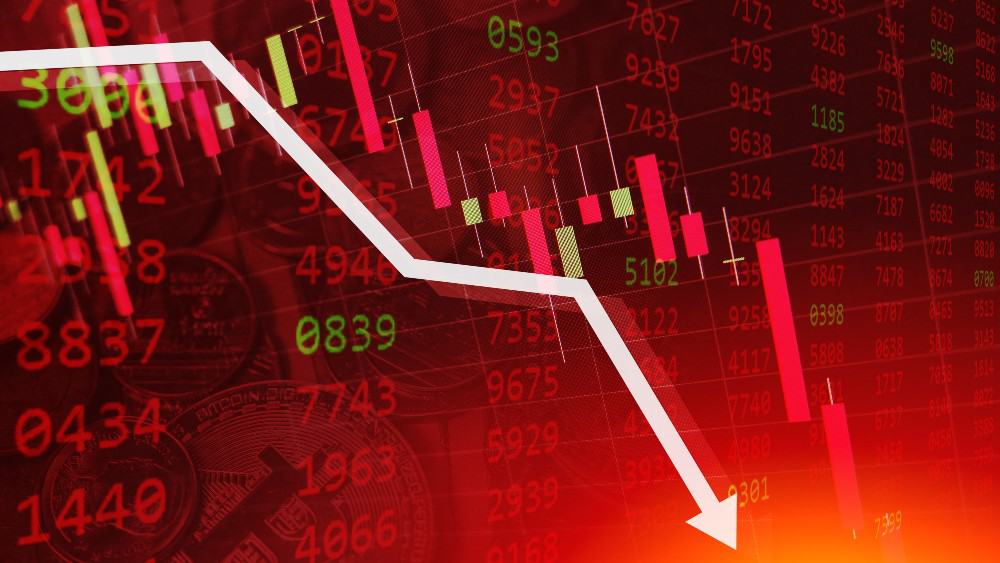The stock market has seen a sharp rise in recent months despite a worsening pandemic. As the stock market is becoming increasingly disconnected with the economy and valuations are getting higher, it wouldn’t be surprising to see a stock market crash in 2021.
It might more prudent for investors to tone down their euphoria and follow Warren Buffett’s advice to be greedy when others are fearful, and be fearful when they are greedy.
Having a portion of your portfolio invested in defensive stocks will protect your money to some extent from a crash as these stocks tend to perform better during a downturn than growth stocks.
Grocery stocks are great choices as people still need to buy food during a pandemic. Plus, grocery stores remain open during lockdowns, so their sales aren’t impacted.
Metro could protect your cash from a stock market crash
One grocery stock you might want to consider adding to your portfolio before a stock market crash is Metro (TSX:MRU).
The retailer operates a network of about 950 food stores under the Metro, Metro Plus, Super C, Food Basics and other banners in Quebec and Ontario. Those stores appeal to consumers of all demographic groups. At the same time, Metro operates 650 pharmacies mainly under the Jean Coutu, Brunet, Metro Pharmacy and Food Basics Pharmacy banners.
The food and pharmacy leader saw its revenue and profit soar during the pandemic. For fiscal 2020, Metro sales grew more than 7%, with net earnings up 11.5% to $796 million. Metro CEO Eric La Fleche said Metro expects food revenues to continue growing at above-normal rates in the near term, as a portion of restaurant and foodservice sales continued to shift to grocery stores.
Online sales are surging
Metro’s expansion of its online capacity and robust supply chain has the potential to generate traffic and increase market share. Metro is expanding the number of stores offering a click & collect service, developing home delivery services and opening a dedicated online grocery store in Montreal.
In late April, Metro announced a partnership with Cornershop on-demand grocery service to provide same-day grocery delivery in Quebec and Ontario. Orders are picked up and packed by a personal shopper in a Metro store and delivered within one to two hours.
Its investment in strengthening its omnichannel capabilities bodes well for growth and should accelerate sales. Metro’s online grocery business ended fiscal year with 160% sales increase.
“These investments will be part of our regular capex and will enable the company to increase its online grocery capacity, gain efficiencies and better meet our customers’ evolving needs,” La Fleche said of Metro’s e-commerce strategy.
In fiscal 2020, Metro opened seven stores, including two conversions, and completed 17 major remodels and two relocations, for a net increase of 0.8% in food retail space from a year ago.
Metro is a dividend aristocrat
In addition to adding stability to your portfolio, Metro is likely to increase your returns through higher dividend payouts. Indeed, the Dividend Aristocrat has increased its annual dividend for 26 consecutive years. Its current dividend yield is 1.6% and its payout ratio is only 20.7%. You can expect Metro to continue increasing its dividend payouts, thanks to its resilient cash flow.









